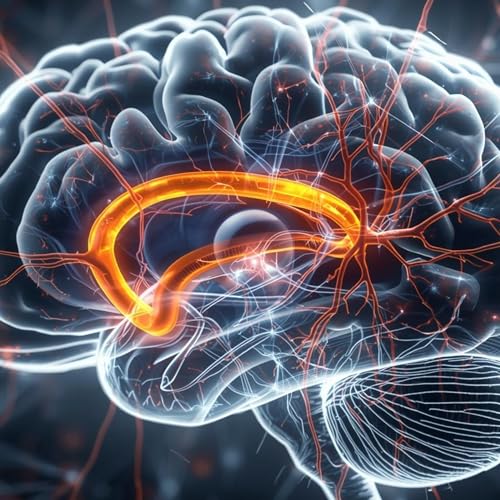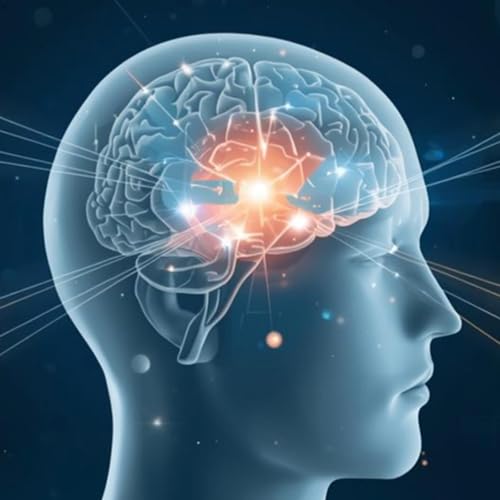The Psychomotor Vigilance Test (PVT) is considered the gold standard for objectively assessing behavioral alertness and sustained attention. Because it is a simple reaction-time task, it is uniquely resistant to practice effects, making it a highly reliable tool for tracking cognitive recovery and stability over long periods. During the test, participants must respond as quickly as possible to visual or auditory stimuli that appear at unpredictable intervals. The primary outcomes are response speed (often measured as reciprocal reaction time, or $1/RT$), attentional lapses (delayed responses exceeding 500 ms), and false starts.
In the study of traumatic brain injury (TBI), the PVT is valued for its extreme sensitivity to "attentional instability"—the fluctuating and unpredictable ability to maintain a state of readiness. Individuals with TBI frequently exhibit slower response speeds, significantly higher performance variability, and frequent lapses compared to healthy controls. Neuroimaging shows that these performance drops are tied to altered cerebral blood flow in frontal and thalamic networks. This suggests a compensatory neural cost, where the injured brain must work harder and recruit extra resources to achieve the same level of focus that a healthy brain maintains effortlessly. While the standard test lasts 10 minutes to capture "fatigability" (decline over time), a brief 3-minute version (PVT-B) is often utilized for rapid screening in busy clinical or operational environments.
Analogy for Attentional Instability:Performing a sustained attention task with a brain injury is like trying to listen to a weak radio signal during a storm. While the music may come through clearly for a few moments (the fast responses), unpredictable static (the lapses) constantly interrupts the broadcast. To keep the signal clear, the listener must constantly get up and adjust the antenna (compensatory effort), a process that is mentally draining and eventually leads the listener to give up entirely as the storm worsens (fatigability).
 16 min
16 min 14 min
14 min 14 min
14 min 22 min
22 min 13 min
13 min 17 min
17 min 15 min
15 min 26 min
26 min
